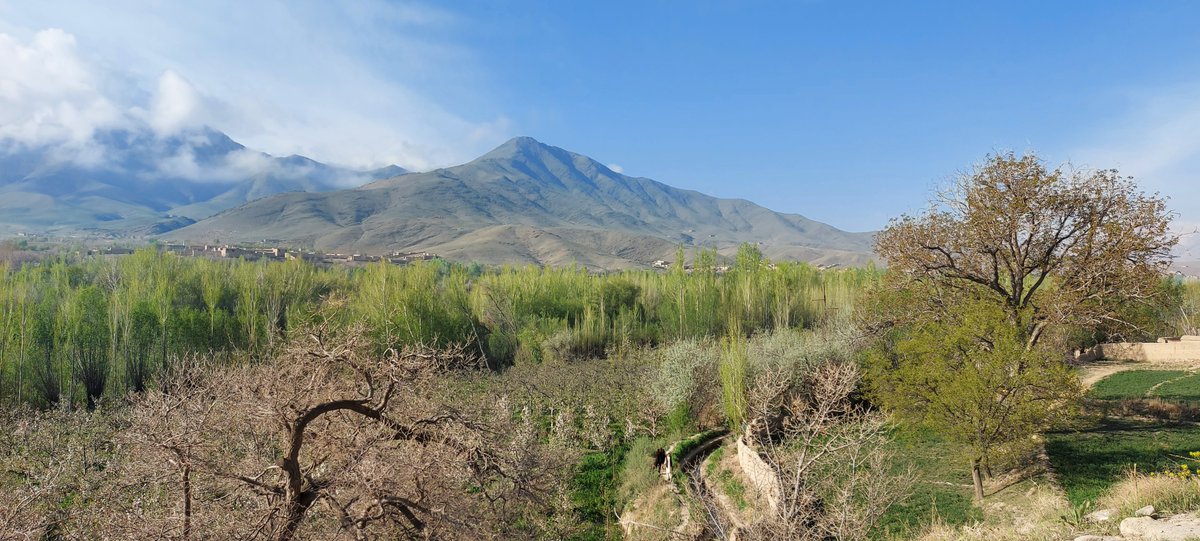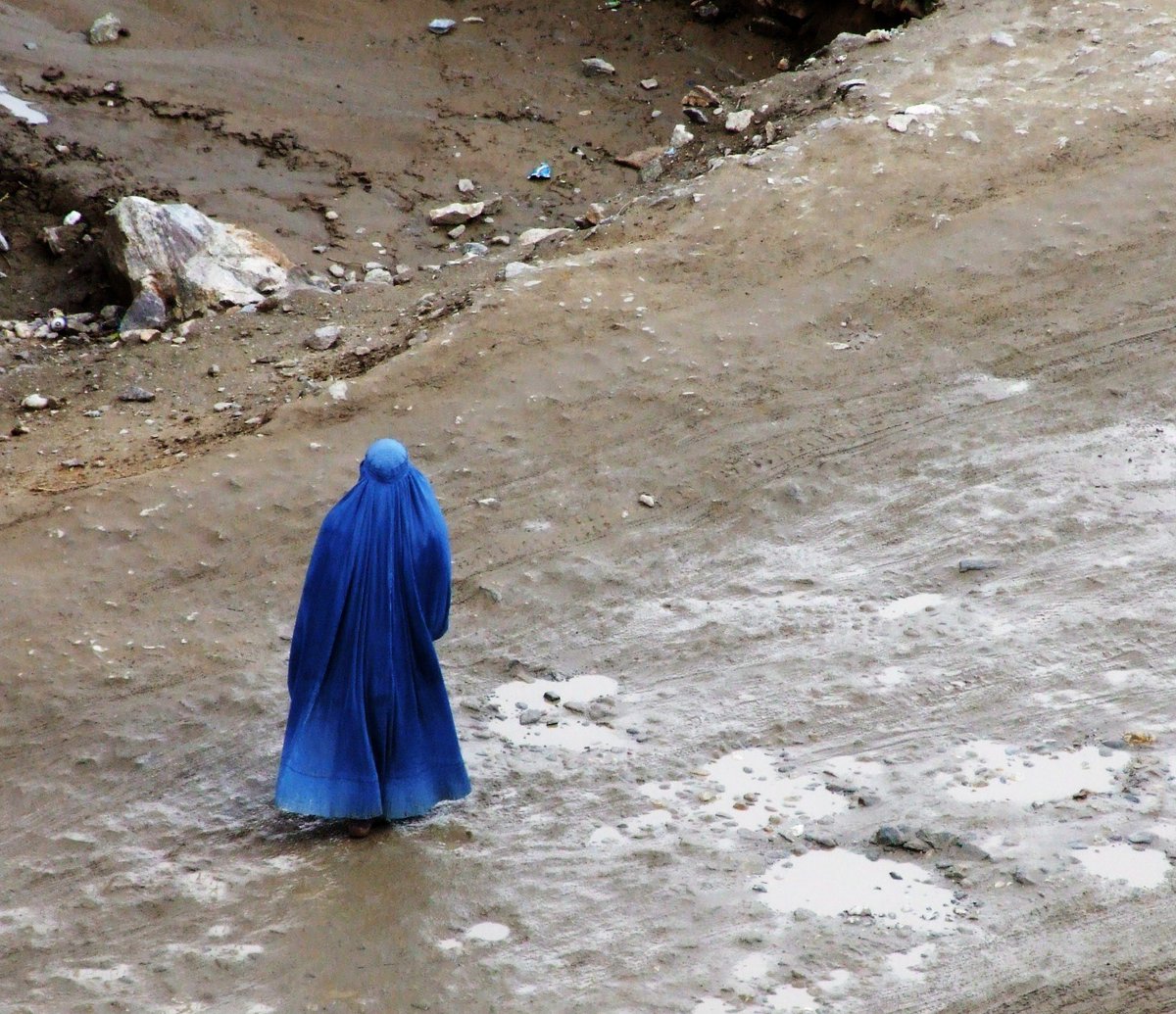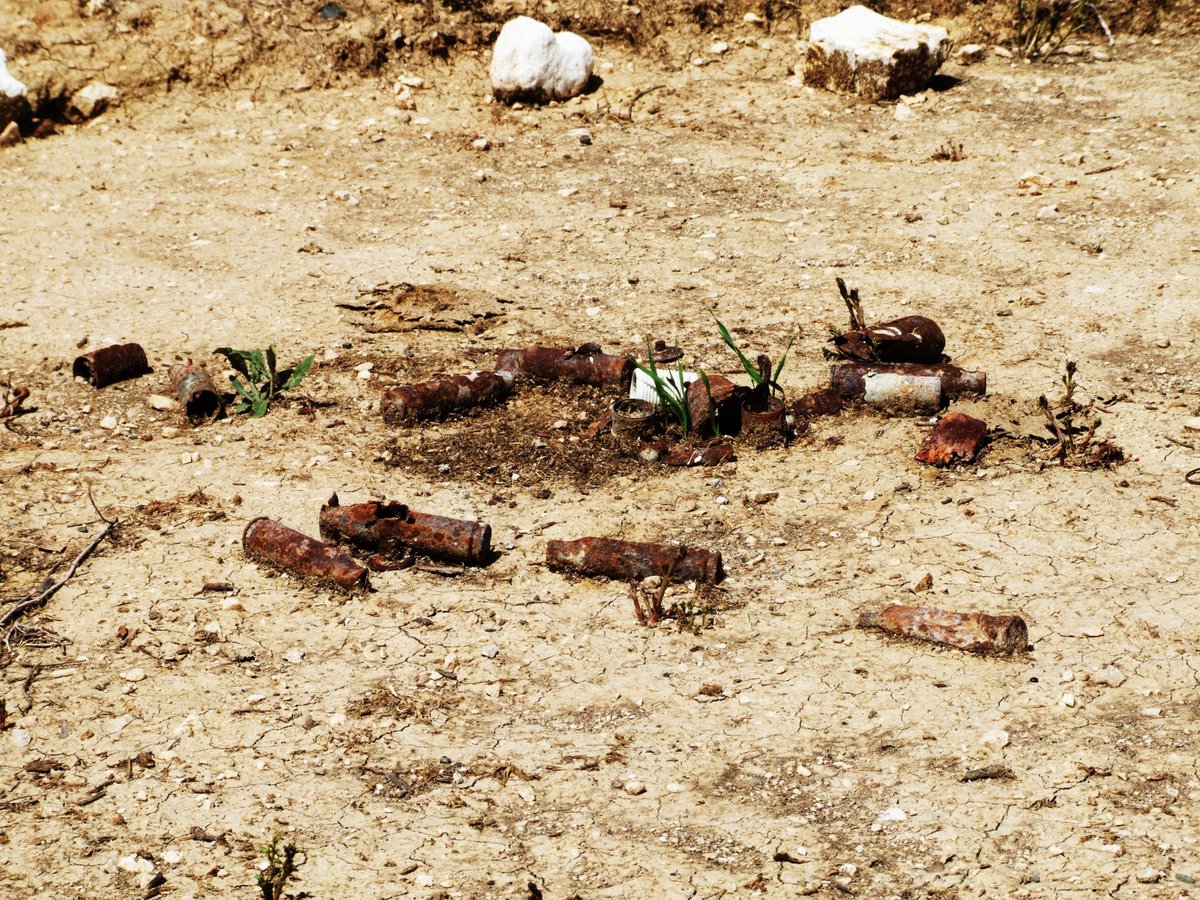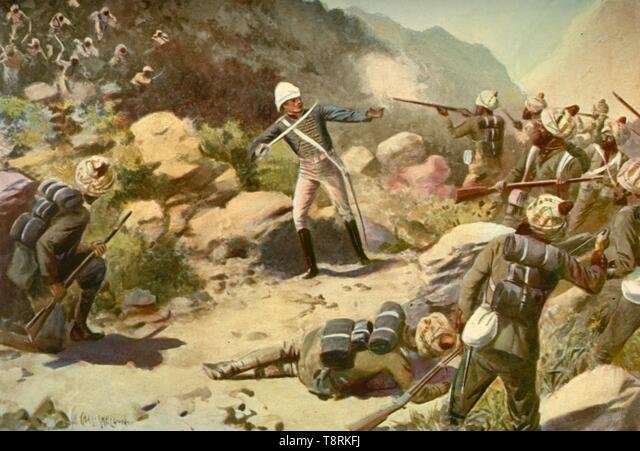1. Just returned to Europe after 15 months in #Afghanistan. In the wake of the Feb 2020 Doha Agreement, this was always going to be an historic year, but you may have read that no one could have predicted the #Taliban victory. 

2. If you had crossed the frontline to visit the #Taliban late 2020/early 2021, you would have been left in no doubt. Their morale was sky-high; they were already rapidly seizing territory; and their enthusiasm and conviction that they were on the verge of victory was infectious. 

3. There were hints of Taliban 2.0: young, black-turbanned Talibs took selfies with me in Musa Qala; in Wardak, another in faltering English and black & white Islamic Emirate of Afghanistan baseball cap asked about my origins, and what I thought about the Taliban. 

4. Above all, by January 2021, the #Taliban's unity & sense of purpose left me in little doubt that they would take Kabul by the end of the year; they even surprised themselves by taking the city - in what amounted to a bloodless coup - in August. 

5. When Kabul fell, I found the international community's hasty decision to flee absurd, and the decision to evacuate almost the whole of the capital's middle class, beyond comprehension. 

6. Having visited Taliban-held territory a number of times over the past year, I had seen for myself how much more secure it was than GIRoA-held territory. There was a definite sense of calm on the other side of that front line. 

7. This is why I actually felt enthusiastic about a Taliban takeover: when your baseline for future progress & prosperity is security, then any group able to bring that should be welcomed. 

8. Undeniably, the Taliban have brought a form of peace to Afghanistan. But it is a negative peace, exacerbated by the IEA's "in-group" mentality & struggle to maintain internal cohesion. There are already signs that both the peace & cohesion are beginning to fray. 

9. The pressure from the international community is not helping. The IEA now finds its leadership squeezed by the IC to promote & reinforce women's rights, and squeezed by its grassroots fighters & supporters to promote & adhere to traditional Taliban ideology. 

10. @ThreshedThought is right when he refers to a "spectrum" from the IEA to ISKP. So it's no surprise that Chora & Dehrawud districts (for years, IEA strongholds where the @AustralianArmy suffered from constant attacks - & the latter the birthplace of Mullah Omar) of Uruzgan 

11. - one of the poorest & most conservative provinces in Afghanistan - have recently seen the appearance of ISKP flags & checkpoints. The IEA's grassroots see their leadership's public meetings with foreigners (& especially unfamiliar women) as a betrayal of their core values. 

12. Remember that rural Pashtun culture frowns upon a man speaking to his wife (or showing affection to his children) in front of his own parents. So, Pashtun clerics publicly meeting foreign (and even unveiled) women is, for many, scandalous. 

13. This is absolutely a Samuel Huntington moment, & while the West seeks to impose its values onto the Taliban through what amounts to neo-imperialism, it should at least reflect holistically upon the wisdom of doing so. 

14. Conversely, sensitive to Western values, the IEA may use such issues (e.g. women's rights) as bargaining chips for concessions. Why grant women full rights (e.g. education) from day 1, when these can be held back and used on the negotiating table? 

15. Beyond all this, however, is the simple fact that for many Taliban fighters there has been no "peace dividend" from their victory, and the pressure exerted by the international community is exacerbating this. 

16. With banks and the healthcare system collapsing; the IEA unable to pay salaries; and most of the middle class having fled, Afghanistan is in turmoil. And make no mistake: those suffering the most are not the government, but the Afghan people. 

17. Afghans are the most humble, gracious, courteous, generous, hospitable, passionate and resilient people I have ever met. They deserve so much more than this. 

18. It is imperative that the international community now works with the Taliban - & there are already positive indications that this is beginning to happen. If you extend a hand to the Taliban, they will meet you half way. If you pressure them, their position will harden. 

19. While there may be those who - whether out of vengeance or schadenfreude - want to see the Taliban fail, the wider picture is important: a successful IEA, as a member of the international community, means a successful - and peaceful - Afghanistan. 

20. While it is not realistic to expect a significant cultural or economic shift in the short term, through positive engagement with the IEA the international community can begin - finally - to help put Afghanistan on the right track for the long term. 

21. It cannot be underestimated how gloomy the outlook is for Afghanistan right now. In Kabul, carjacking is suddenly rife, and even the remnants of the middle class have begun to beg. The capital is on the brink of societal collapse. 

22. This situation may even force the Taliban to reinstate their draconian Hudood punishments of the past (the lack of implementation of which, thus far, is another bone of contention of Taliban grassroots & another draw of recruits to ISKP). 

23. I leave Afghanistan now, after just over 4 years in the country, spread over a decade. I very much hope to return, 1 day, to a prosperous & peaceful country, which is seen as an integral member of the international community. But the window of opportunity is closing fast. 

• • •
Missing some Tweet in this thread? You can try to
force a refresh










